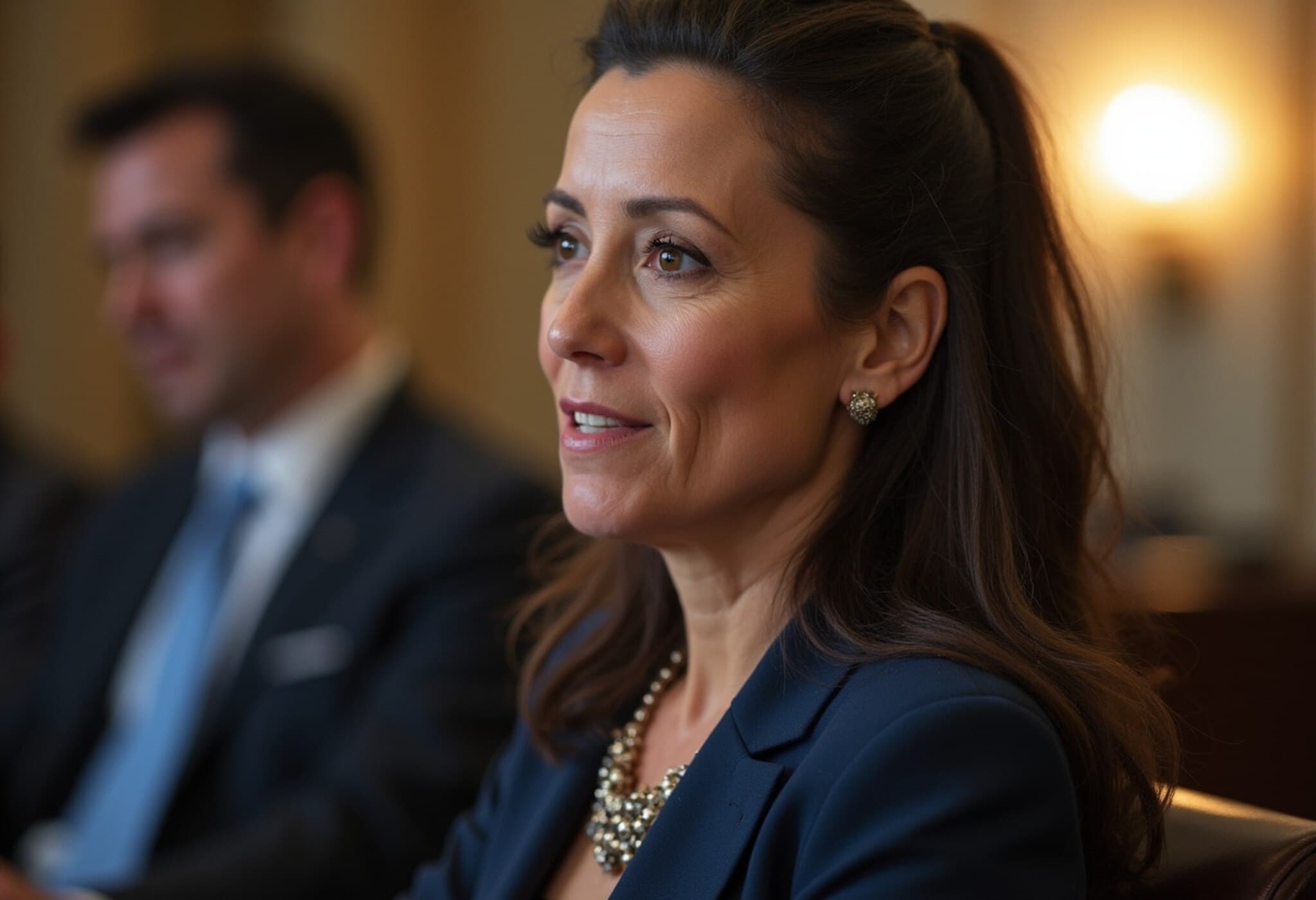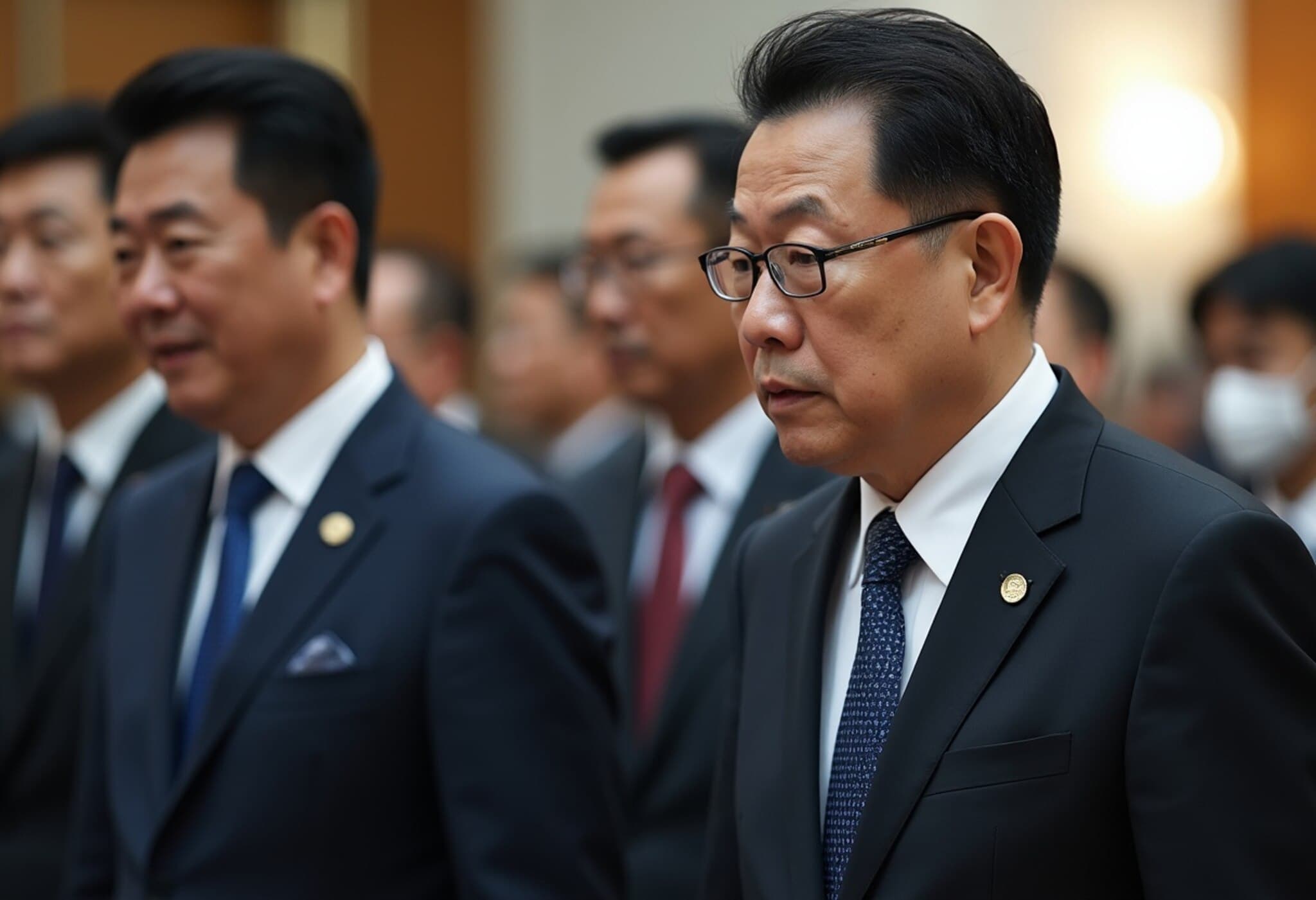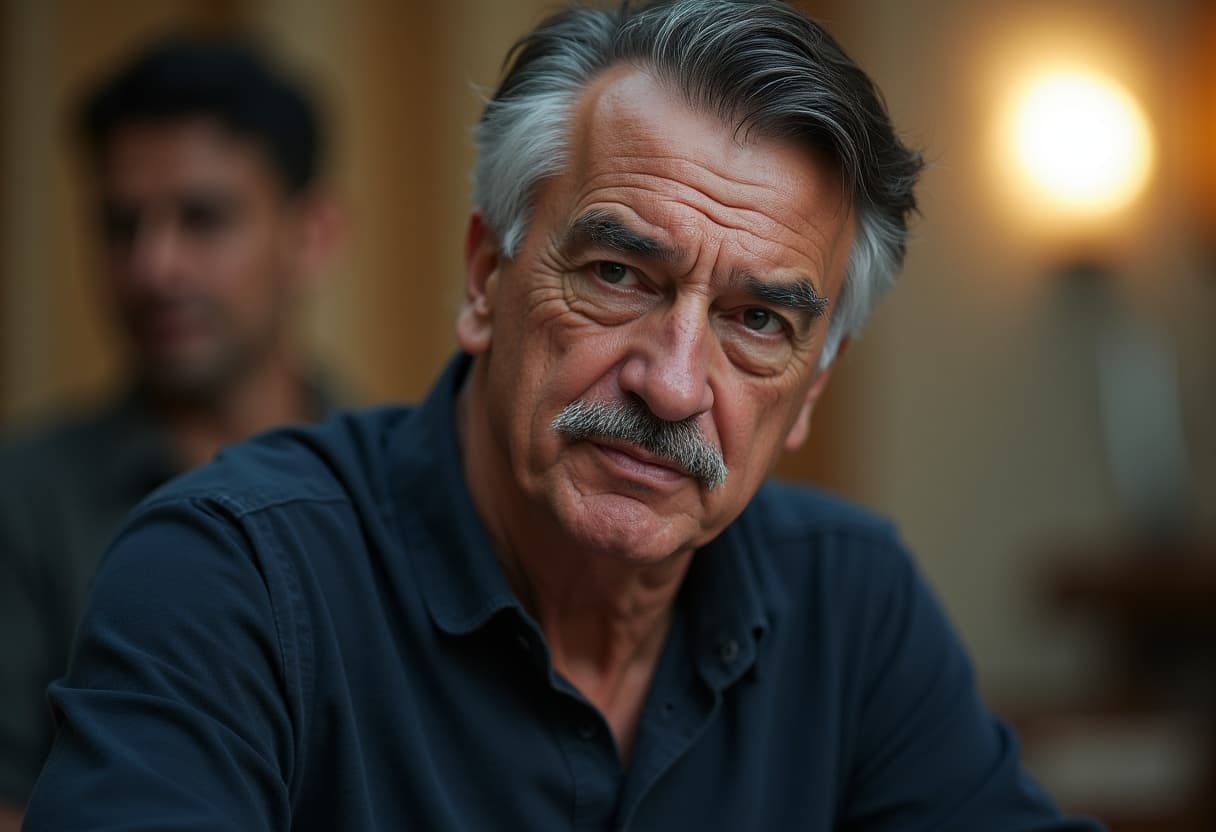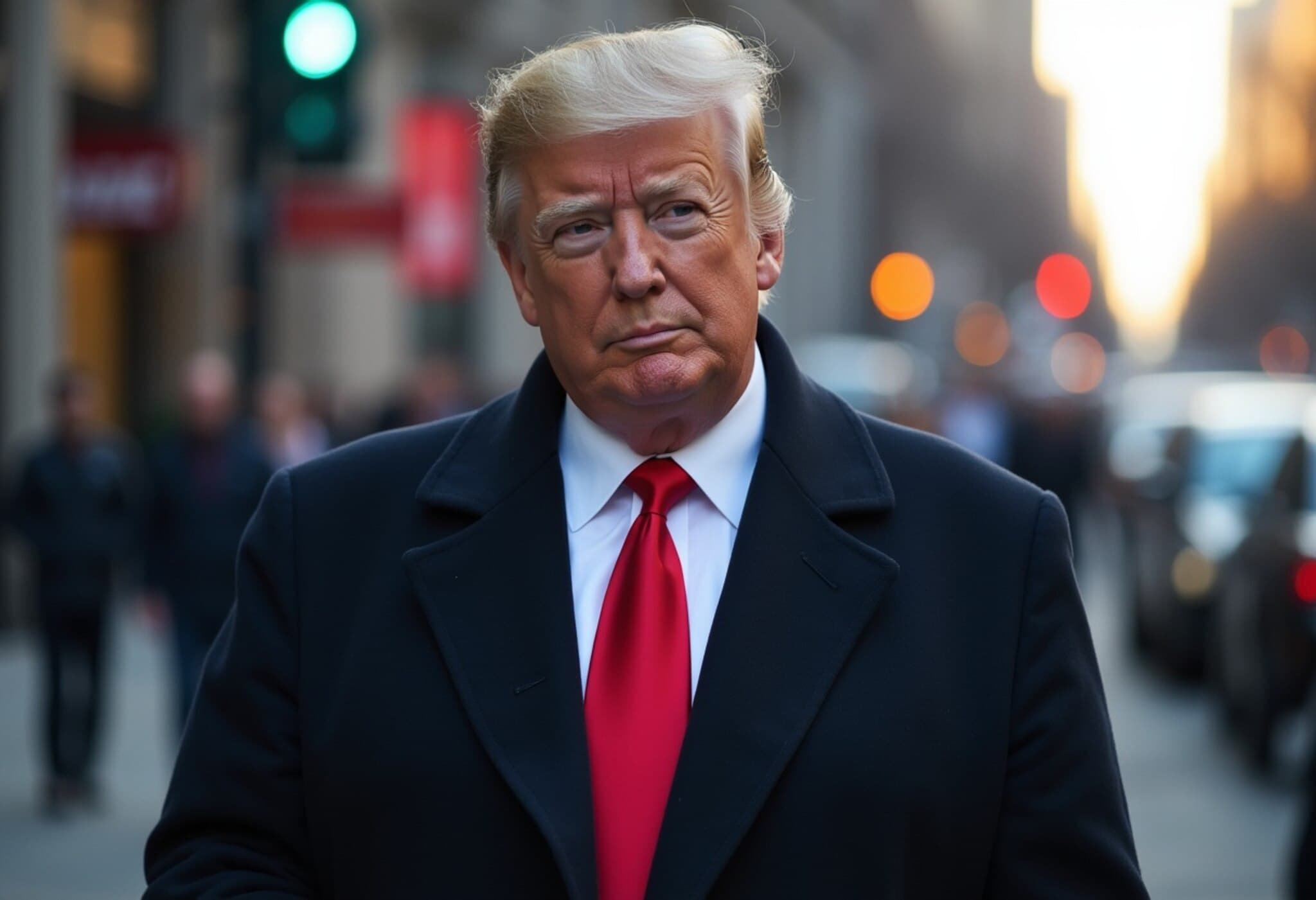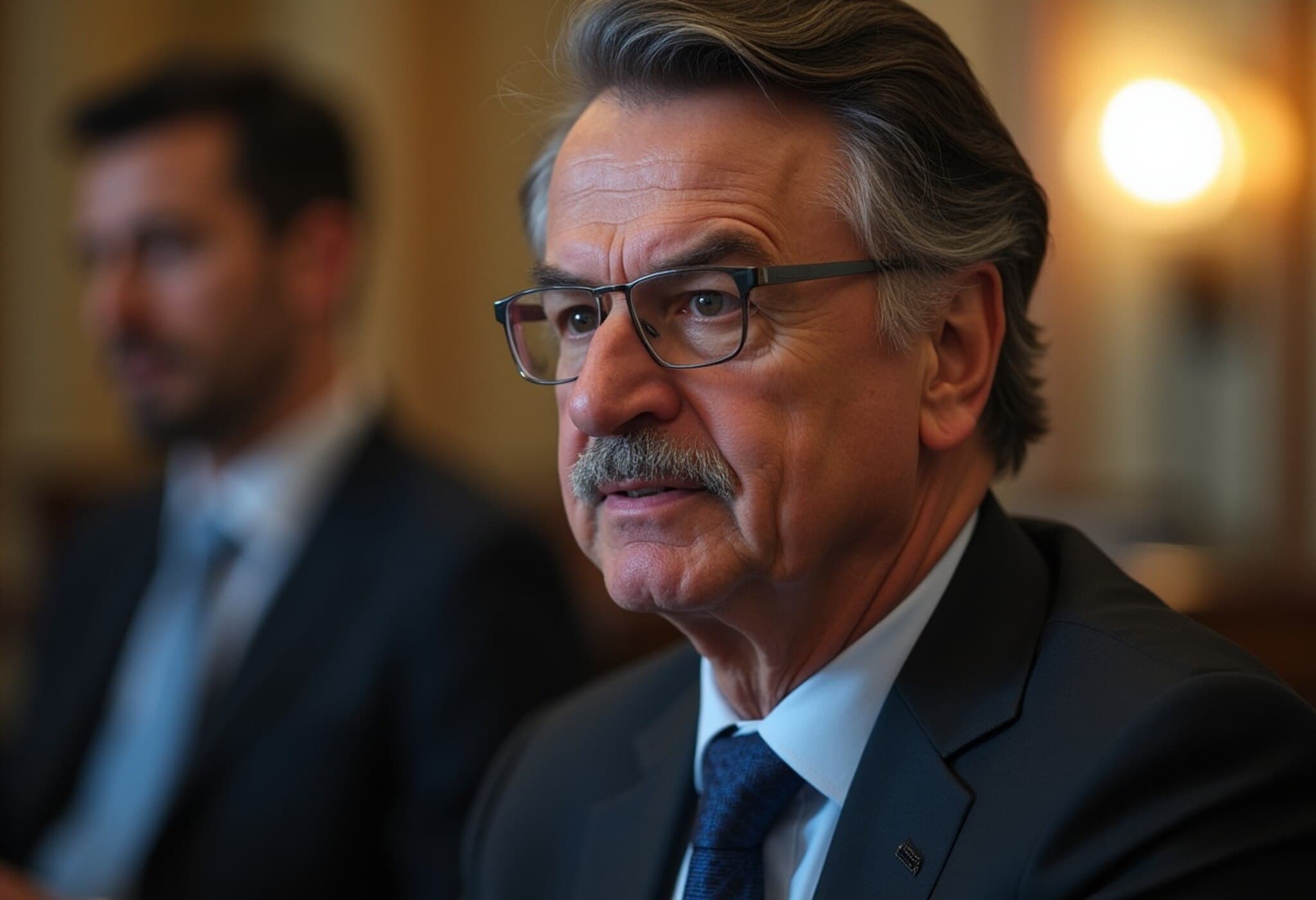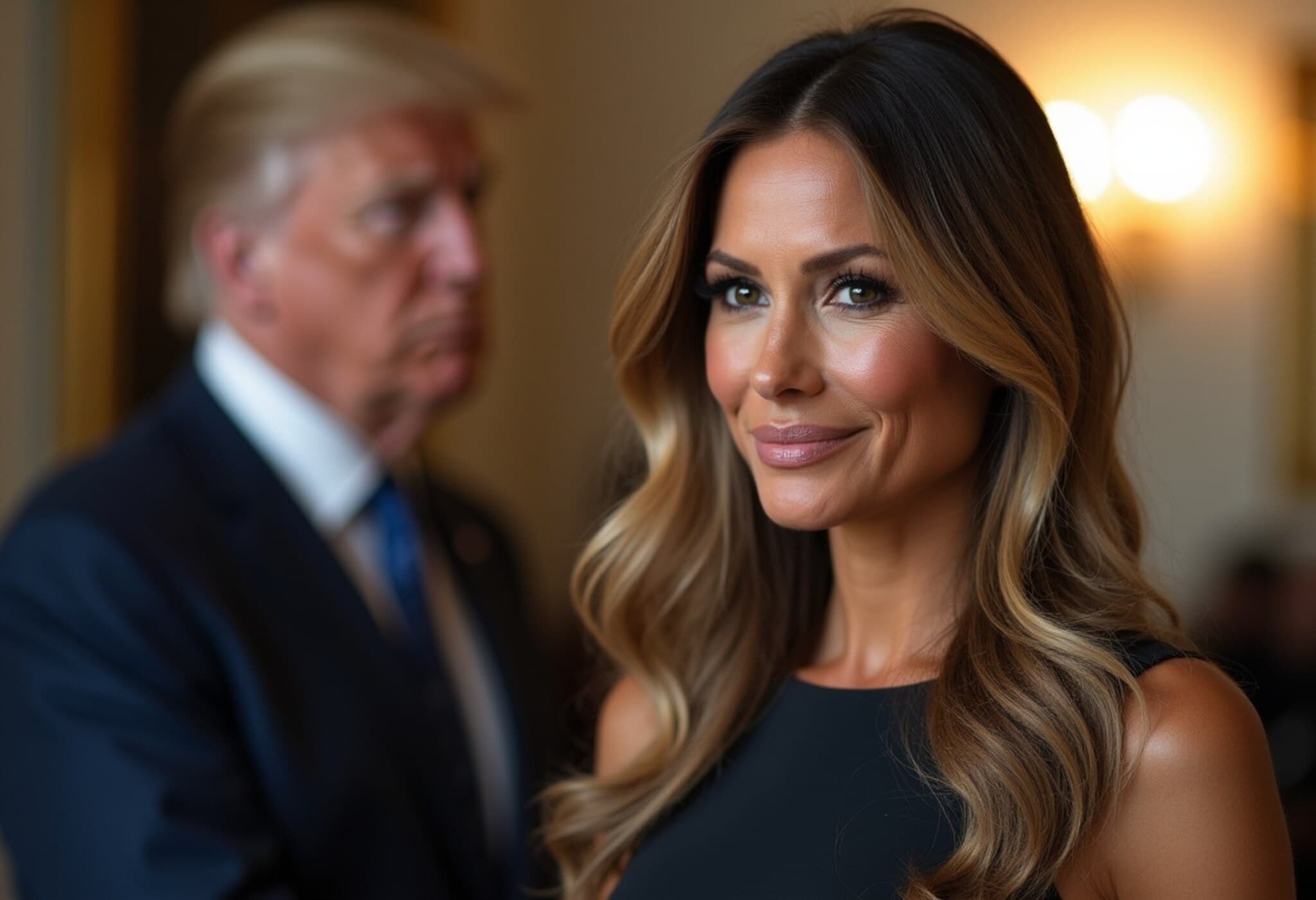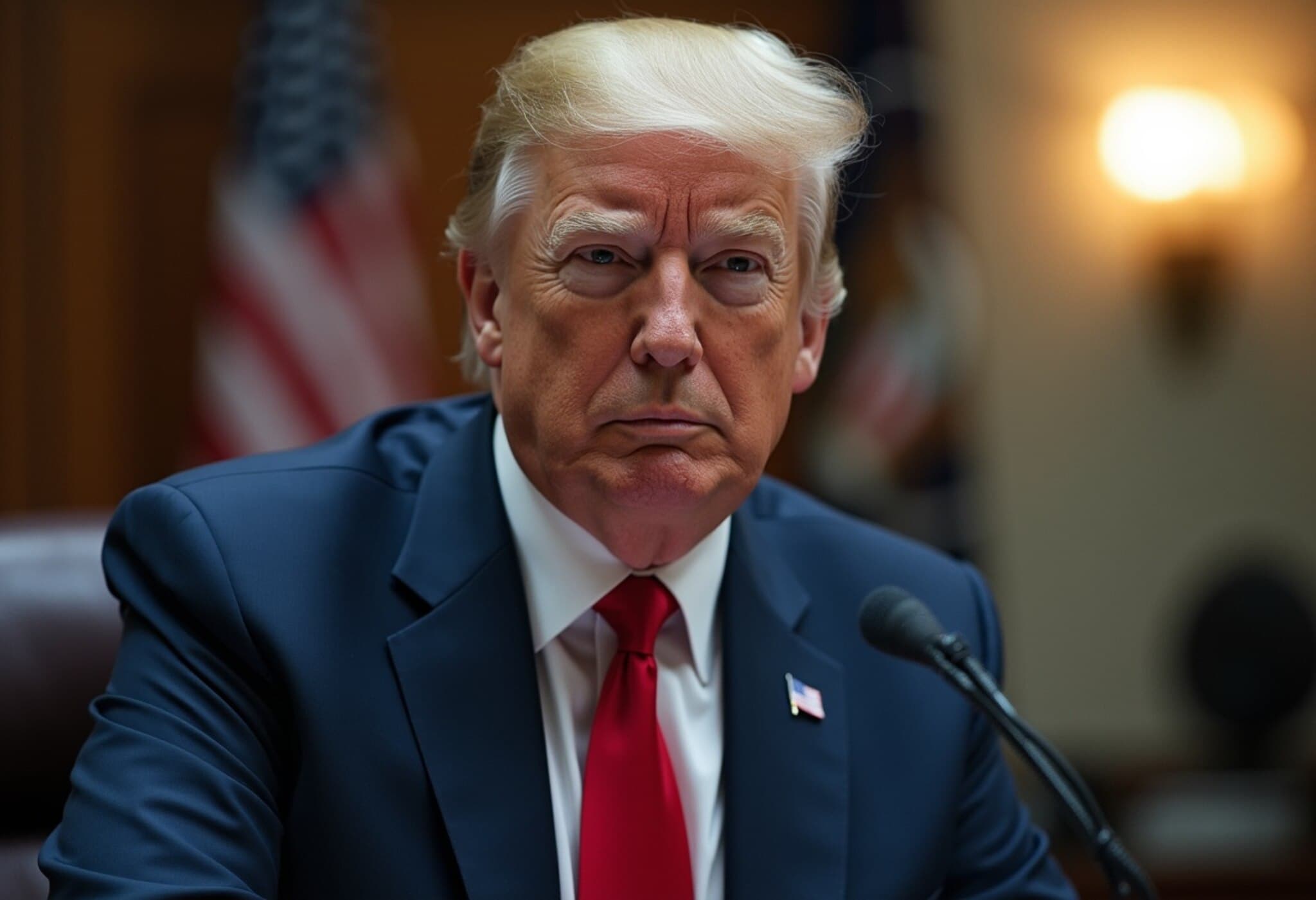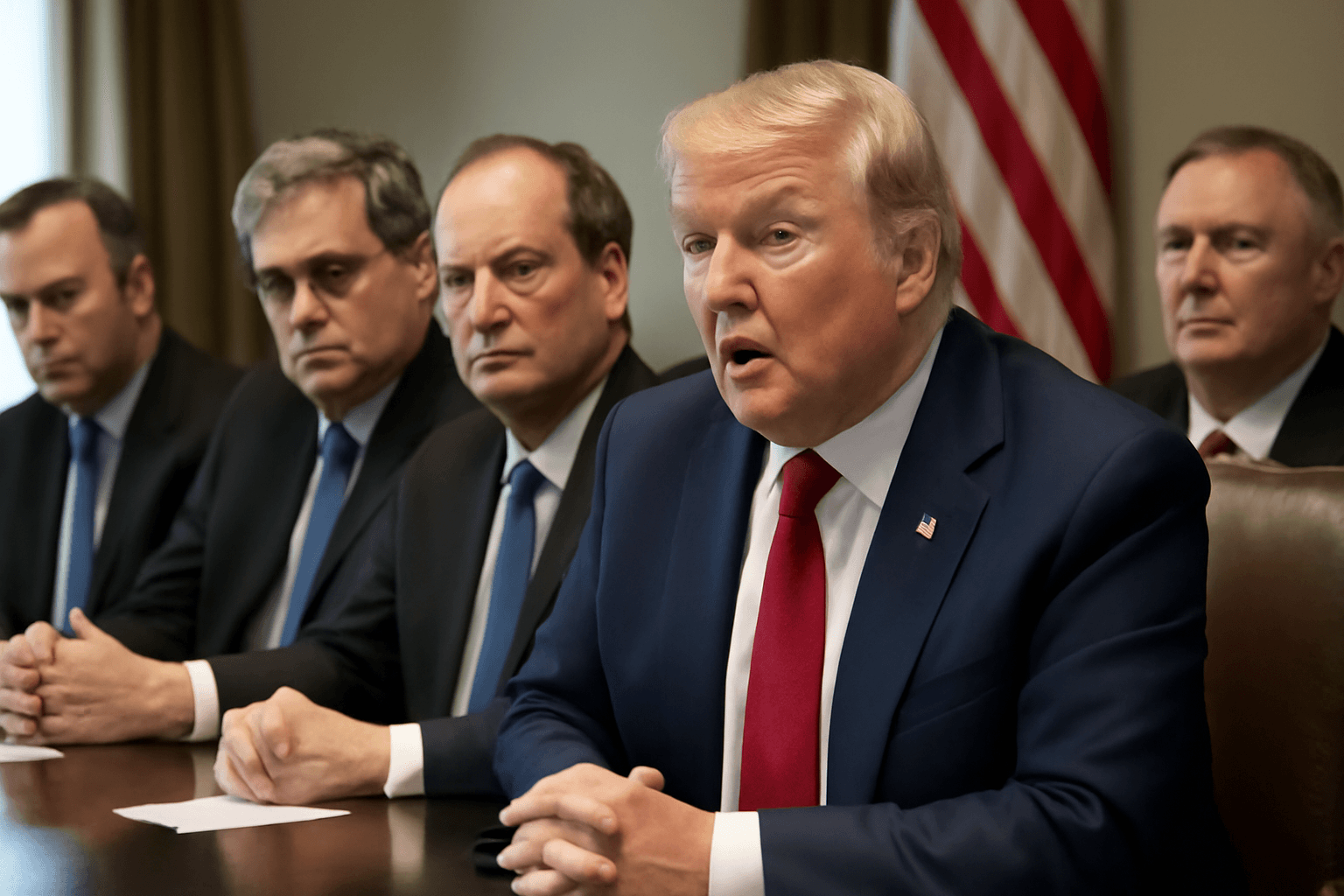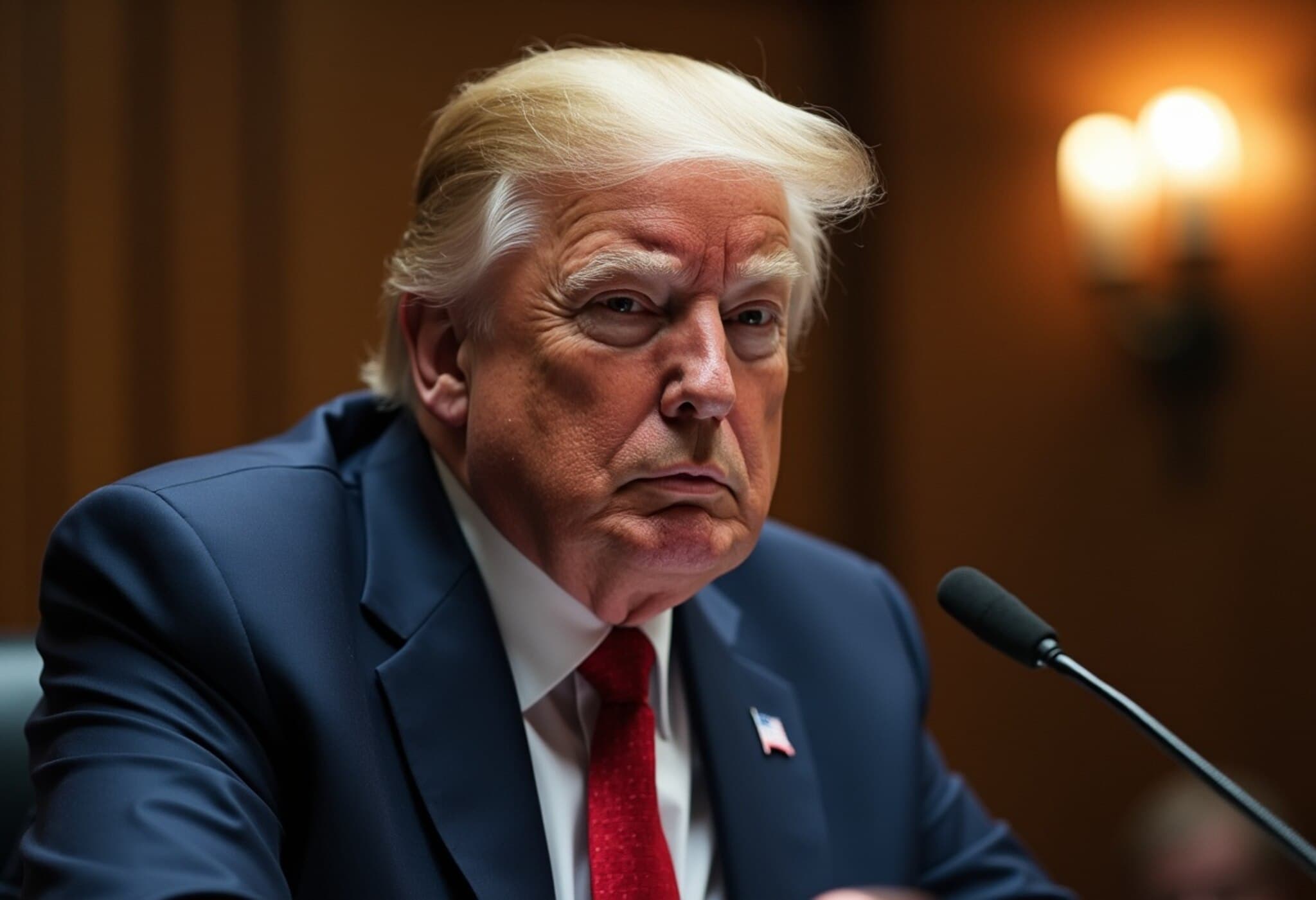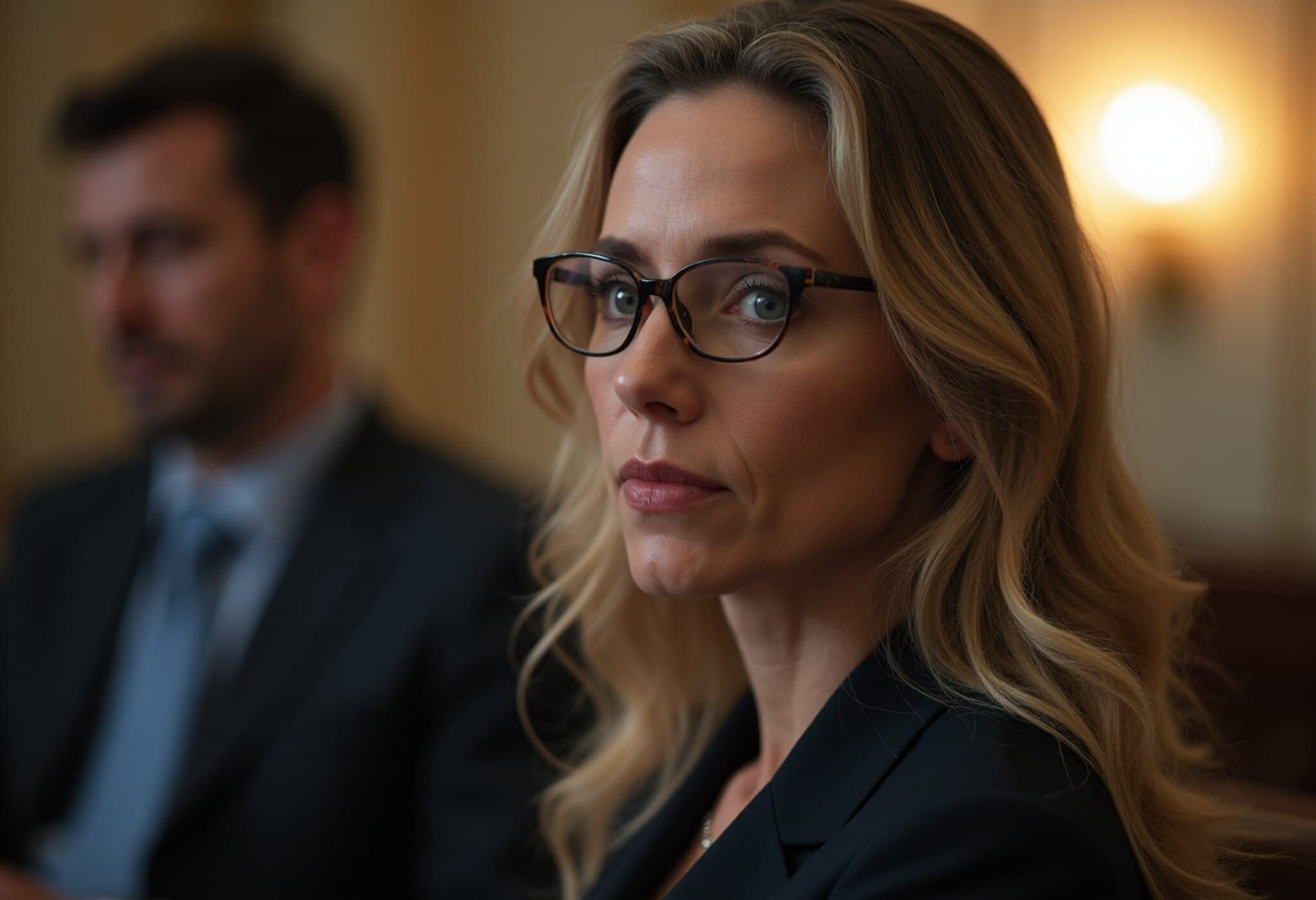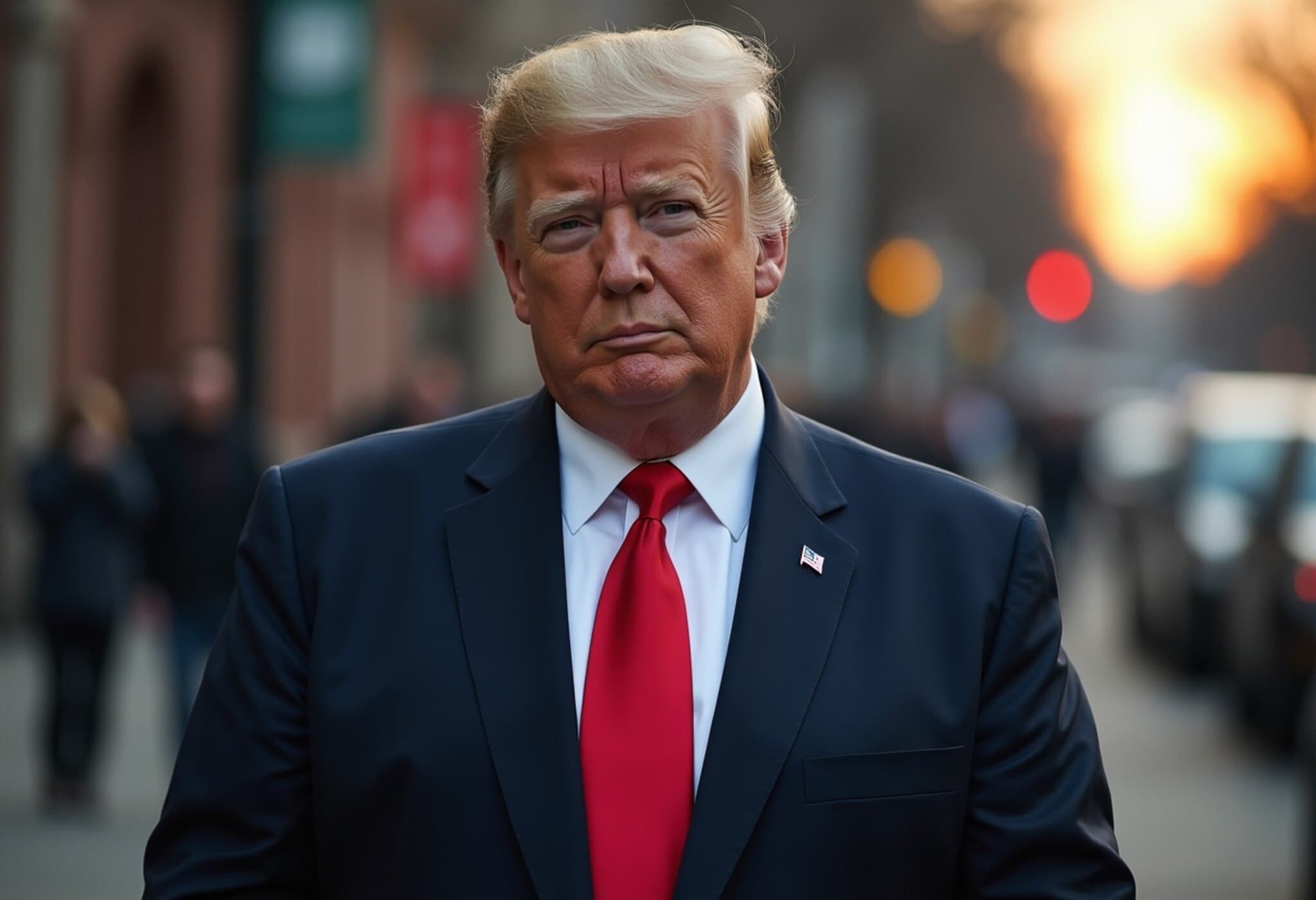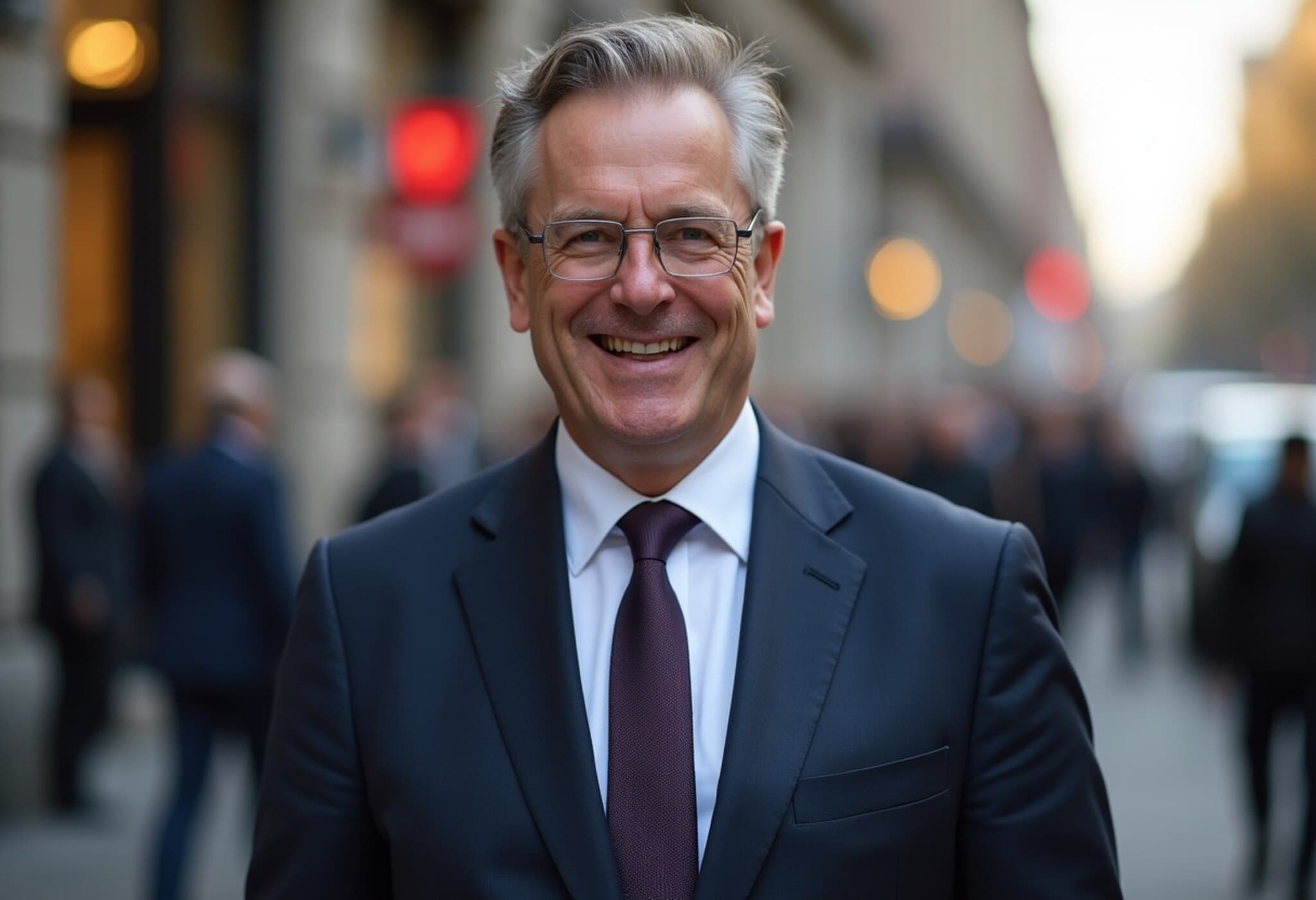Ghislaine Maxwell’s DOJ Interview Sheds Light on Trump-Epstein Connections
In a latest development that might offer some respite to former President Donald Trump, Ghislaine Maxwell—the convicted associate of the late Jeffrey Epstein—asserted she never saw Trump in any "inappropriate setting," according to recently released Department of Justice (DOJ) transcripts and audio recordings. This revelation, emerging amidst long-standing public intrigue around Epstein's network and Trump's alleged ties, underscores the complexity of the Epstein saga and its far-reaching implications.
Transparency Through the DOJ
The DOJ made public a two-day interview transcript dated July 24-25, 2025, with Maxwell, conducted by Deputy Attorney General Todd Blanche. Blanche announced the release on X (formerly Twitter), emphasizing the administration’s commitment to transparency. The package includes seven audio segments for the first day and four for the second, alongside redacted transcripts, allowing the public to hear Maxwell’s responses verbatim.
Importantly, Maxwell was granted limited immunity to discuss her criminal case, but this was distinctly not a cooperation agreement. Blanche clarified during the interview, "I’m not promising to do anything," highlighting that her testimony was not tied to plea negotiations or immunity beyond those narrow boundaries.
Maxwell’s Statements on Trump and Epstein: A Closer Look
The 63-year-old Maxwell, sentenced to 20 years in prison for sex trafficking minors, repeatedly emphasized she never witnessed President Trump engaged in any misconduct. She described Trump and Epstein’s relationship as merely casual and social rather than close or conspiratorial.
- Quote: "I actually never saw the president in any type of massage setting. I never witnessed the president in any inappropriate setting in any way. The president was never inappropriate with anybody," Maxwell testified.
- She added, "I think they were friendly, like people are in social settings… I certainly never witnessed the president in any of… I don’t recall ever seeing him in his house, for instance."
This careful distancing from any direct associations may bolster Trump’s long-held denials amid persistent speculations fueled by Epstein’s network. However, Maxwell did confirm there was a social relationship between Trump and Epstein, acknowledging their appearances together but downplaying any deeper connection.
Extended Insights: Maxwell on Bill Clinton and Epstein’s Circle
Aside from Trump, the DOJ transcript included Maxwell’s remarks on former President Bill Clinton, whose ties to Epstein have drawn extensive media scrutiny. Maxwell commented, "President Clinton liked me, and we got along terribly well. But I never saw that warmth or that… warmth, or however you want to characterize it, with Epstein." This nuanced observation adds layers to understanding the social dynamics within Epstein's circle.
Maxwell also addressed reports related to Epstein’s elaborate 50th birthday celebrations and a viral collection of letters—rampant with rumors implicating Trump. She denied seeing any notes from Trump in the so-called "birthday book," contradicting previous reports by The Wall Street Journal. Maxwell recalled suggesting the birthday book idea, modeled after a family tradition, to make the event special.
Controversy Around Maxwell’s Prison Transfer
Following the interview, Maxwell was relocated from a federal prison in Florida to a minimum-security facility in Texas. The move has raised eyebrows and fueled speculation, especially among Trump critics, though neither Maxwell’s legal team nor the Bureau of Prisons has provided an official explanation. The timing invites critical questions about motivations behind the transfer and potential implications for ongoing investigations.
Expert Analysis: Why This Matters
Maxwell’s explicit denials provide a noteworthy counterpoint to a torrent of unverified and often sensational allegations against prominent political figures tied to Epstein. For legal observers and policymakers, her statements highlight the urgent need for meticulous transparency in high-profile criminal investigations. Moreover, her testimony underscores the complicated intersection of power, privilege, and accountability in America’s justice system.
From a policy perspective, the case underscores ongoing challenges in prosecuting sex trafficking and holding influential individuals accountable without politicization. Maxwell’s limited immunity grants an unusual glimpse into the prosecution’s balancing act: securing truthful testimony without collateral promises. As Epstein’s shadow continues to haunt American discourse, clarity from transcripts like these is vital to restoring public confidence.
What Remains Unanswered?
- Why was Maxwell transferred to a lower security prison shortly after her DOJ interview, and what does this signal?
- Could there be undisclosed details about Epstein’s network that Maxwell chose not to share, despite immunity?
- How will Trump’s political allies leverage Maxwell’s statements amid ongoing investigative pressures?
Editor’s Note
The release of Ghislaine Maxwell’s DOJ interview transcripts illuminates the murky contours of the Epstein saga, particularly Trump’s heavily scrutinized role within it. Her categorical denial of witnessing inappropriate behavior by Trump may offer political relief but leaves broader questions about accountability and transparency. As new documents unfold, readers should consider the intersection of power, justice, and the enduring impact of these revelations on American political and judicial landscapes.
In navigating these complex narratives, it is crucial to approach such disclosures with a critical but open mind—balancing the need for accountability with the principles of due process. The Epstein-Maxwell episode remains a cautionary tale about unchecked influence and the imperative for vigilant oversight in combating exploitation.


